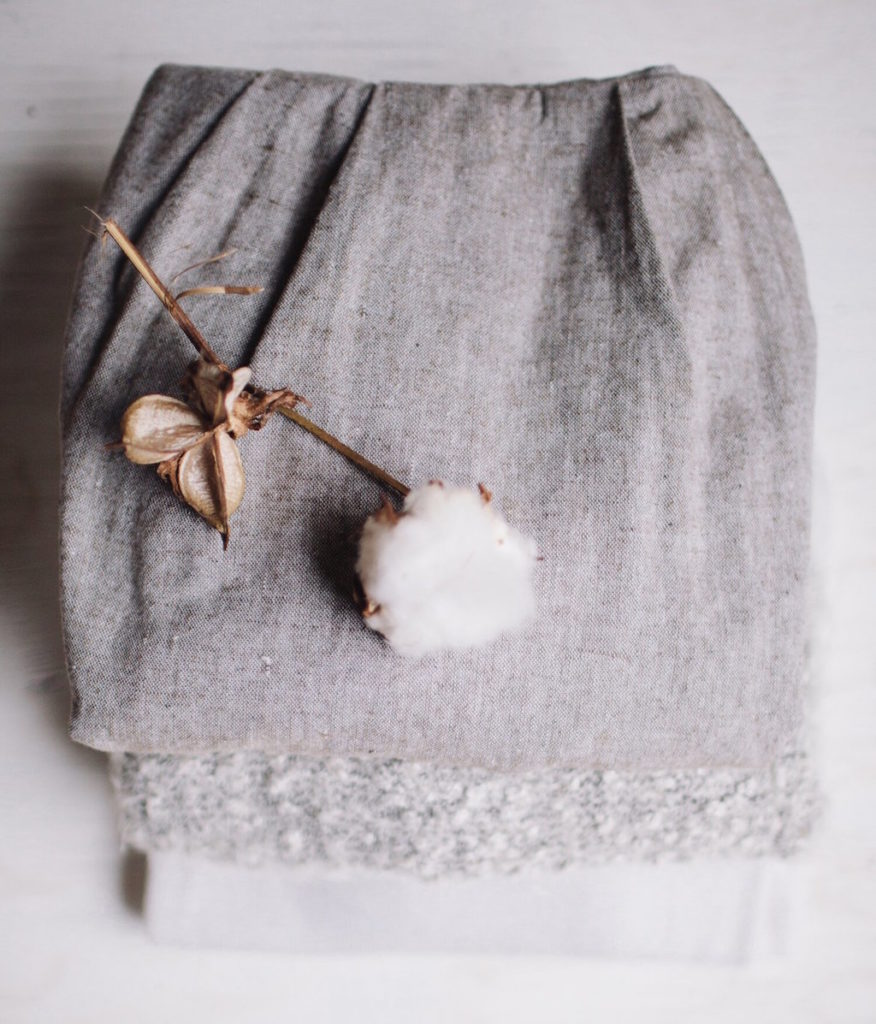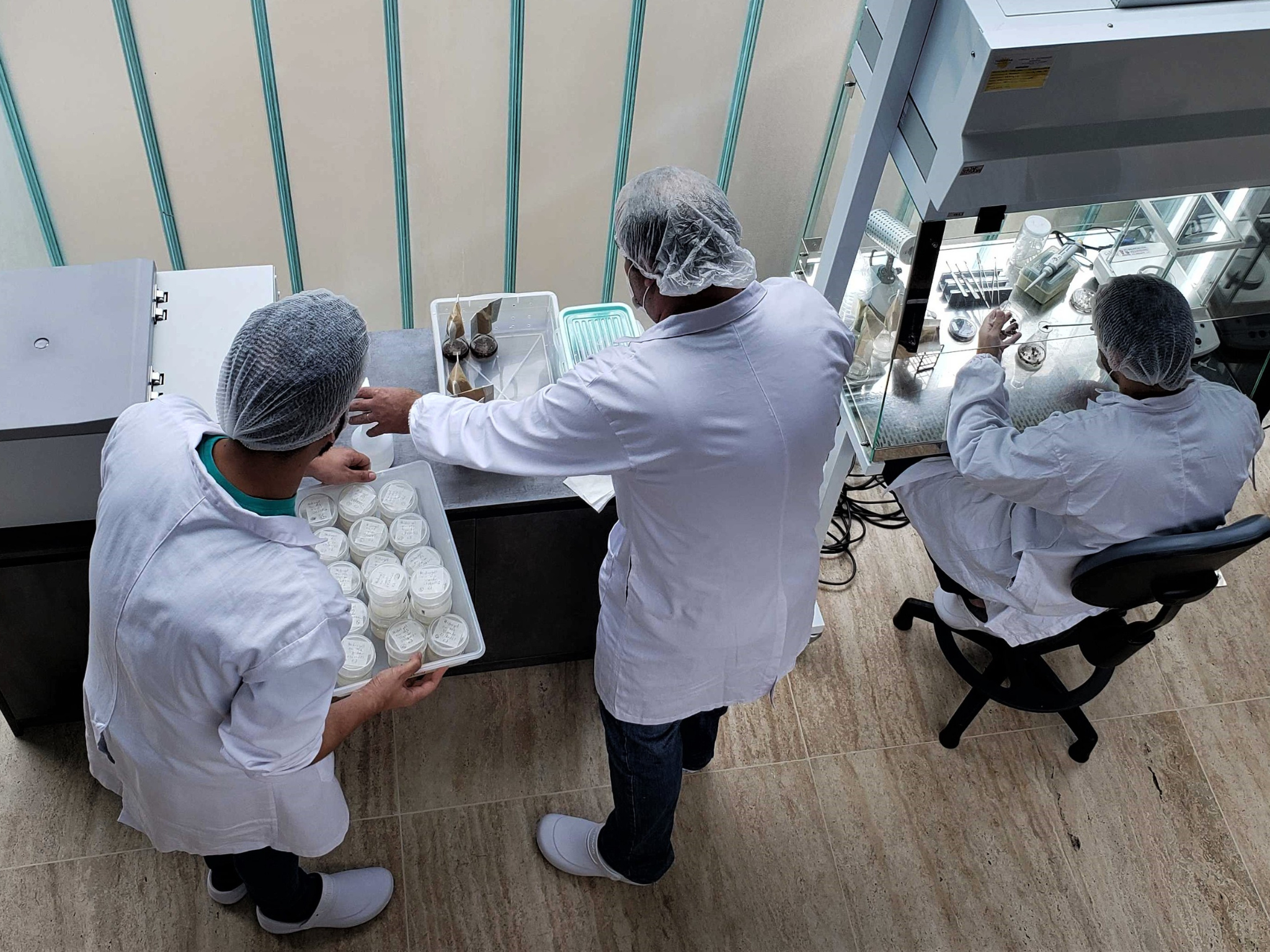4 Mins Read
Bill Gates’ Breakthrough Energy Ventures has led a $33M Series B investment for US startup Galy, which makes lab-grown cotton.
Boston-based Galy has secured $33M in an oversubscribed Series B investment round led by Bill Gates’ Breakthrough Energy Ventures, accelerating the startup’s mission to essentially eliminate cotton’s water consumption by growing it in labs.
The fundraise also included two of the world’s largest fast-fashion brands, H&M Group and Inditex (the parent company of Zara, Bershka, Stradivarius and more), alongside Indorama Ventures, Endeavor Scale-up Ventures, and Unreasonable.
John Doerr’s family office Eighty Eight Group, Material Impact, Artesian, Brinc and Reaction Global were all returning investors. The sum takes the total raised by Galy to over $65M.
The startup aims to use the capital to advance its cellular agriculture platform and its flagship lab-grown cotton, a sustainable material progressing towards pre-industrial quality and scale.
“Galy has developed a promising technology to reduce the impact of cotton production on water, chemicals and soil use. Taking this equity interest marks a significant step in our commitment to advancing towards an innovative and more responsible textile industry,” said Inditex CEO Óscar García Maceiras.
Why the cotton industry needs an overhaul

Founded in 2019 by CEO Luciano Bueno and CSO Paula Elbl, Galy is aiming to disrupt a $42B industry, but one mired in environmental troubles and with a striking human rights record.
Cotton cultivation accounts for 2.5% of the world’s arable land, and 16% of all pesticide use every year. In fact, the industry is responsible for 22% of global agrochemical use, and emits 220 million tonnes of CO2e annually – that’s a bigger climate footprint than Argentina or the UAE.
But more concerning is its water consumption. The amount of water required to make a single cotton T-shirt could sustain a human being for two-and-a-half years. This basically translates to 250 billion tonnes of water being used to grow cotton every year. (Some industry groups say these figures need some more nuance.)
Industrial agriculture is making things worse. For example, H&M and Inditex – both investors in Galy – have been linked to cotton farms in Brazil that are accused of illegal deforestation, land grabbing, violent conflicts and corruption.
It’s probably why García Maceiras said: “By investing in cutting-edge technologies for producing next-generation fibres, we are not only moving towards our goal of exclusively using materials with a lower environmental impact, but also actively shaping the transformation of the industry through strategic capital investments.”
Galy takes cotton cells and cultivates them in bioreactors by feeding them sugar. Once they’ve proliferated to the required volumes, it selectively activates and deactivates genes in the cells, transforming them into cotton fibre.
The process is 10 times faster and 500 times more productive than traditional cotton farming, while using 99% less water, taking up 97% less land, and emitting 77% less CO2. By growing cotton this way, it aims to safeguard the material from the detrimental impacts of climate change.
Industry cottons on to Galy’s lab-grown potential

“Climate change exposes the fragility of agricultural supply chains, and the recent rise in cocoa prices is a stark reminder of the new normal we face,” said Galy CEO Bueno. He told Bloomberg that the company also wants to make cell-based cocoa and coffee.
“Unfortunately, it’s not a matter of ‘if’, but ‘when’,” he added.” Soon, the world will face increased volatility in conventional agriculture as extreme weather conditions become more frequent. When that time comes, Galy will be ready, better equipping our economy to withstand these shocks.”
Carmichael Roberts, Breakthrough Energy Ventures’ business lead, echoed this sentiment. “Agriculture is arguably the industry sector most impacted by climate change, while also being a major driver of greenhouse gas emissions itself,” he said. “We need alternatives that can complement traditional agriculture without contributing to emissions or creating an overreliance on unstable supply chains.”
Roberts continued: “Galy’s cellular agriculture technology provides a solution to these challenges, while enhancing resource efficiency and building climate resiliency for the sector.”
In addition to the participants in the Series B round, the startup’s previous investors include Hydrazine Capital (from OpenAI founder Sam Altman), Tony Fadell’s Build Collective, Tim Draper’s Ventures Lab, Fashion for Good, Apollo Projects, and Agronomics, among others.
Armed with backing from VC heavyweights, Galy will now hope to scale up from its current capacity, which is in the kgs. But it has already secured millions of dollars in proof-of-concept agreements with industry leaders, as well as a $50M offtake agreement with health and pharma giant Suzuran Medical, which will run for 10 years.
“Galy’s lab-grown cotton is on the verge of a breakthrough and could reduce reliance on virgin cotton if successful,” said Martin Ekenbark, Circular Innovation Lab lead at H&M Group, which granted €300,000 to Galy as part of its 2020 H&M Global Change Award.
“About 60% of the material we source for our products is cotton and we have high ambitions that all our materials come from recycled or other sustainable sources by 2030,” he added. “So partnering with Galy makes perfect sense.”



